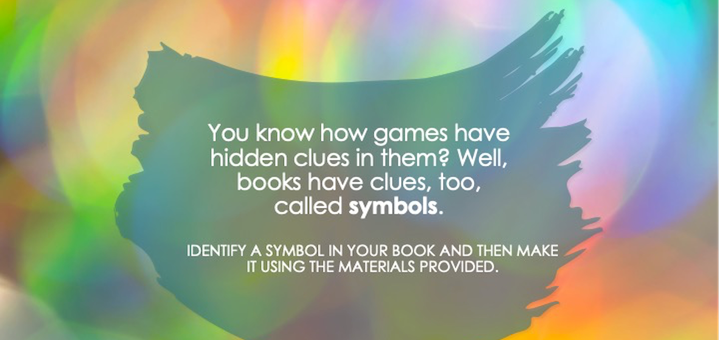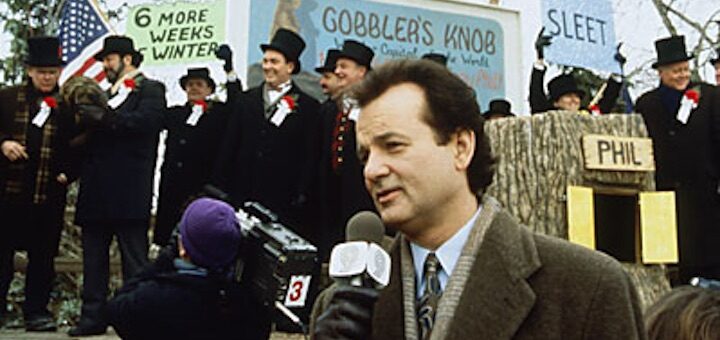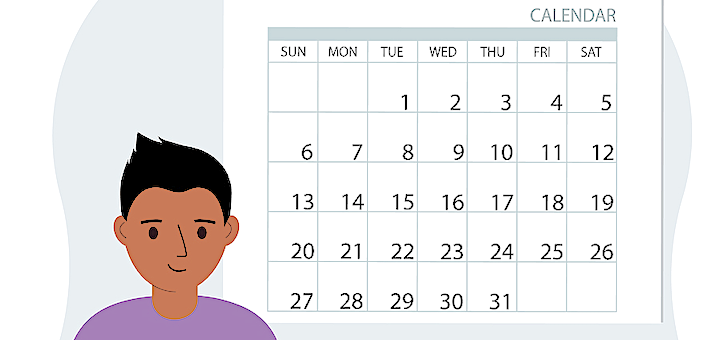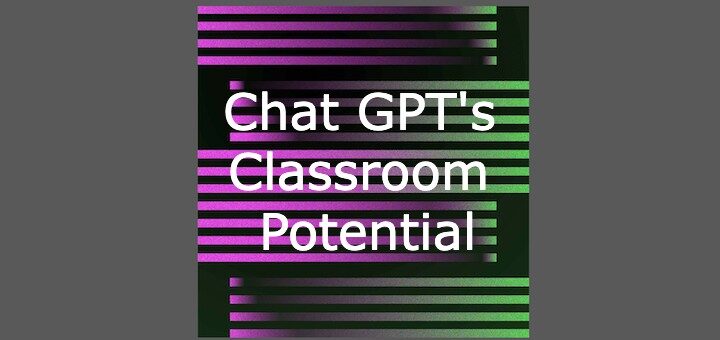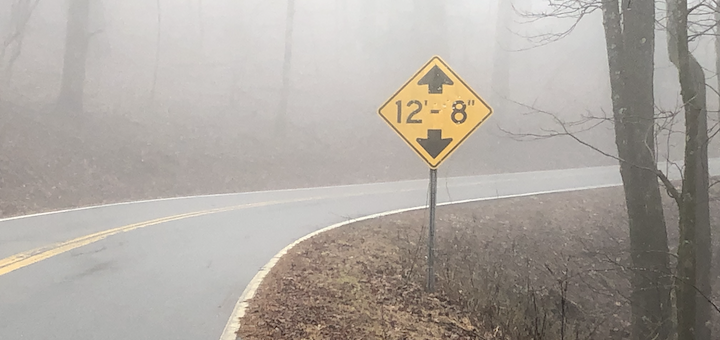Facing Up to Cultural and Religious Bullying
Is bullying in schools a social pandemic we need to take more seriously? Middle grades teacher Laleh Ghotbi makes a compelling case that educators and parents can do more to protect students being harmed by religious, cultural, racial and gender prejudice and animosity.


